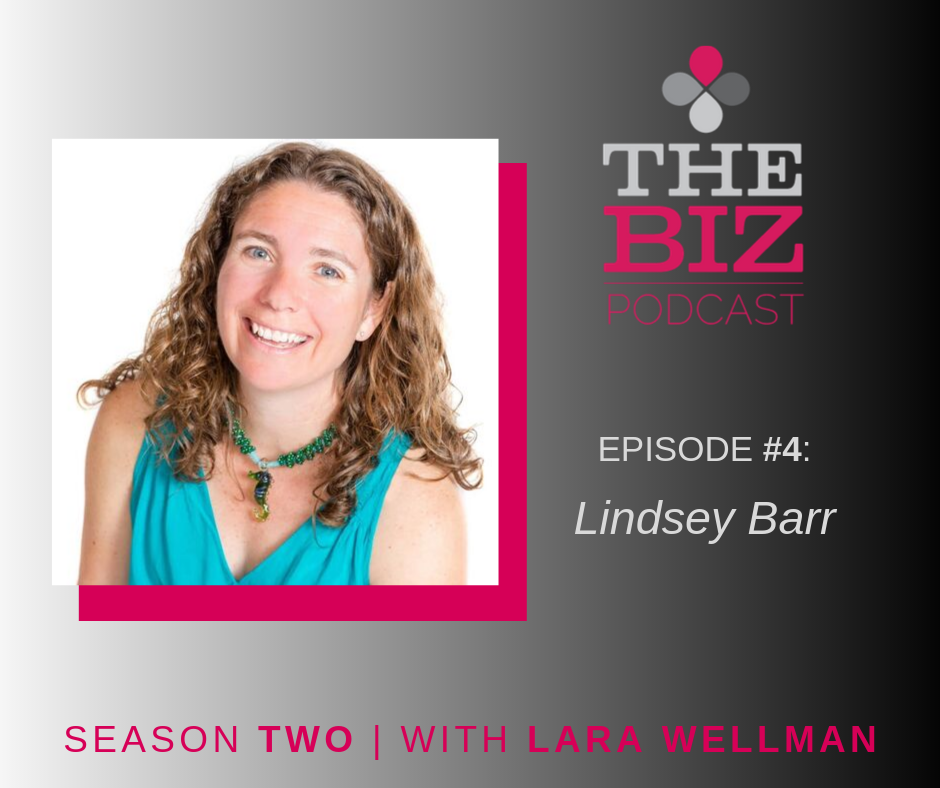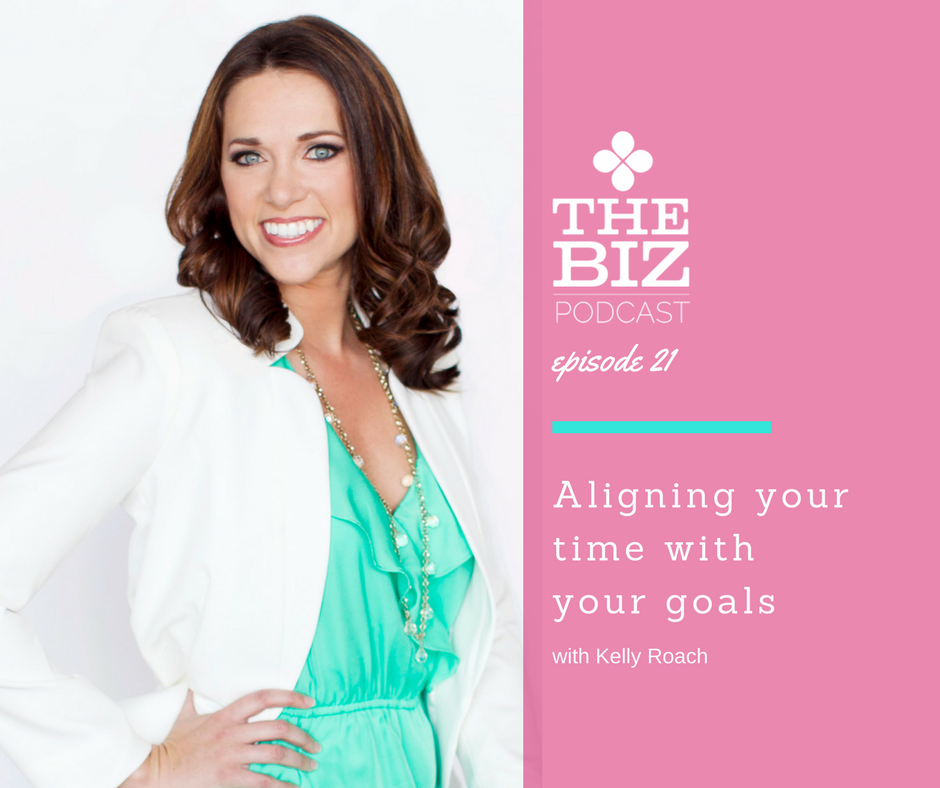I am joined on the podcast today by Marie Shinmoto, a physiotherapist and the owner of M.A.P. Physiotherapy in Orleans, Ontario.
We are talking about a belief I know a lot of people struggle with, including myself. The belief is that “real” people work at least five days a week and that if you're not working a lot, you're lazy.
Working to make ends meet
Marie grew up watching her dad work six days a week and never being around. He worked to make ends meet for the family and to make sure they had what they needed. But all Marie remembers was him working, working, working, working. She grew up in an era where most moms stayed home. It was mostly dads that went off to work, and they all went off to work Monday to Friday. A lot of them weren't back at supper time even. And that's just what you did if you had a job.
Besides that, work wasn’t known to be fun. Work was hard. You went to work, you made the money, and that's what you're supposed to do. You worked to support your family.
Marie started her career working in a hospital - your typical Monday to Friday, nine to five kind of deal. And that pretty much fit the model that she was used to. It wasn’t until she started in private practice that she had more control over her hours. But, she was still under the impression that she needed to work five days a week. The only weekdays you take off are holidays. And that's just what you do when you have a job. Even if you're self-employed, that's what you're supposed to do - keep going every day! You do your thing, and you don't take time off unless you're sick or there's a holiday.
The self-employed difference
But once Marie started her practice things changed. She realized that when you are self-employed you have the potential for other income flows than just what you're able to do yourself in terms of what it is you’re known for i.e., for Marie seeing physiotherapy clients. This opens doors to having passive forms of income and increasing your income.
However, Marie was still under this impression that even though she had this other source of passive income, she was supposed to go to work five days a week even though she didn’t really need to anymore financially. Wrapping her brain around being financially able to take half a day off a week or a whole day off a week or two days off a week was totally foreign to Marie because the messages she always got as a kid were that you have to work, work, work to make ends meet.
Money Mindset
Even when the numbers told her differently, Marie still had this thing where she had to keep working all the time. And really the only way that changed for her was doing some mindset work. Marie worked with Megan O'Neill (check out her Biz Podcast episode by clicking here). Working on her mindset was super helpful in changing her beliefs around money. She dug into what money means, how you earn it, and what you need to do to earn it.
There’s so much out there for small business owners, like Facebook Groups, that sort of thing, where the message is always that you have to work hard; you have to run yourself into the ground; you have to work these crazy hours, and that's just the way it's done. And if you're not doing that well, then there's something wrong with you. And that's a big message to overcome because it's overwhelmingly out there.
Working smarter
Entrepreneurs need to realize there are other ways of working. If they don’t then people start burning out and they can't do their jobs anymore. They're running so hard that they crash, burn and can't do anything. And that's not better either.
Working with me as a business coach, helped Marie in a few ways. It changed her mindset, but also made her ask herself how much money she really needed to make to make ends meet in her personal and professional life. She looked to see if she could tweak things and make more time for her family and for herself.
As entrepreneurs, we often think that time is money, which is true, but then the converse is also true: money can give you time. So, if you have a little bit of extra money from however it is you earn it, then maybe you don't need to work five days a week, nine to five. That money can buy you time off.
For Marie, that means only seeing clients four days a week. Her Fridays are her administrative days. And in the summer, she prioritizes getting outside and doing activities she loves, like kayaking. She takes the mornings off and goes kayaking, and maybe does a bit of admin work in the afternoon.
Learning this has made huge difference in Marie’s quality of life, and a huge difference in her family life, but it was a big hurdle for her to get past that idea of “real” people work five or six days a week and if you don’t then you’re lazy.
Entrepreneurs need to see slowing down as an act of self-care. When you're in go, go, go, go, go mode, you don't have time or space for new ideas to come in. You're too busy doing everything else. When you slow down and actually give yourself the room to just let your brain quiet down enough to feel inspired, all kinds of amazing things come up.
The never-ending to-do list
There will always be a to-do list with 75 things on it, but when you realize that those 75 things are still going to be there next week, you can relax about it a bit. And as long as you have gotten through what is important, i.e., if there's anything time-sensitive or if there's something specific you want to work on, then let the rest go and do something for yourself. Recognize that it helps you be a better business owner, parent, friend, partner, etc. if you put yourself on your own to-do list!
It’s important to remember that you’re doing a lot of good in the world by making sure you can keep doing your job by taking care of yourself.
Why are you working all the time?
An important question to ask if you are working all the time is, "Why?" And what is the motivation behind that? Maybe it is financial, but if you have some financial wiggle room in your business and you're still working 24/7 then you have to ask yourself why. And maybe it is because of some old belief making you think you need to work six days a week, or for some people seven days a week. And maybe that belief just isn't serving you anymore.
One thing Marie has learned most since owning her business is to put her own oxygen mask on first. She realized that if she burns out and can’t work that she certainly can't help her clients, let alone help her family. “You need to take care of yourself first, and doing that is not self-indulgent. It's called survival. And if you get really good at it, it goes beyond survival. It becomes a serious quality of life.”
Working and making money doesn’t have to hurt. We don't have to have physical pain and mental pain and believe that it is just life and that life is hard, and keep doing what we’re doing. We may have to look at things differently to make that work, but there are ways to do that and by taking the time to do so you may find yourself working smarter.
Learn more about Marie and M.A.P. Physiotherapy at mapphysiotherapy.ca, and follow them on Facebook.
Resources & Links
Join my Free Facebook Community





















